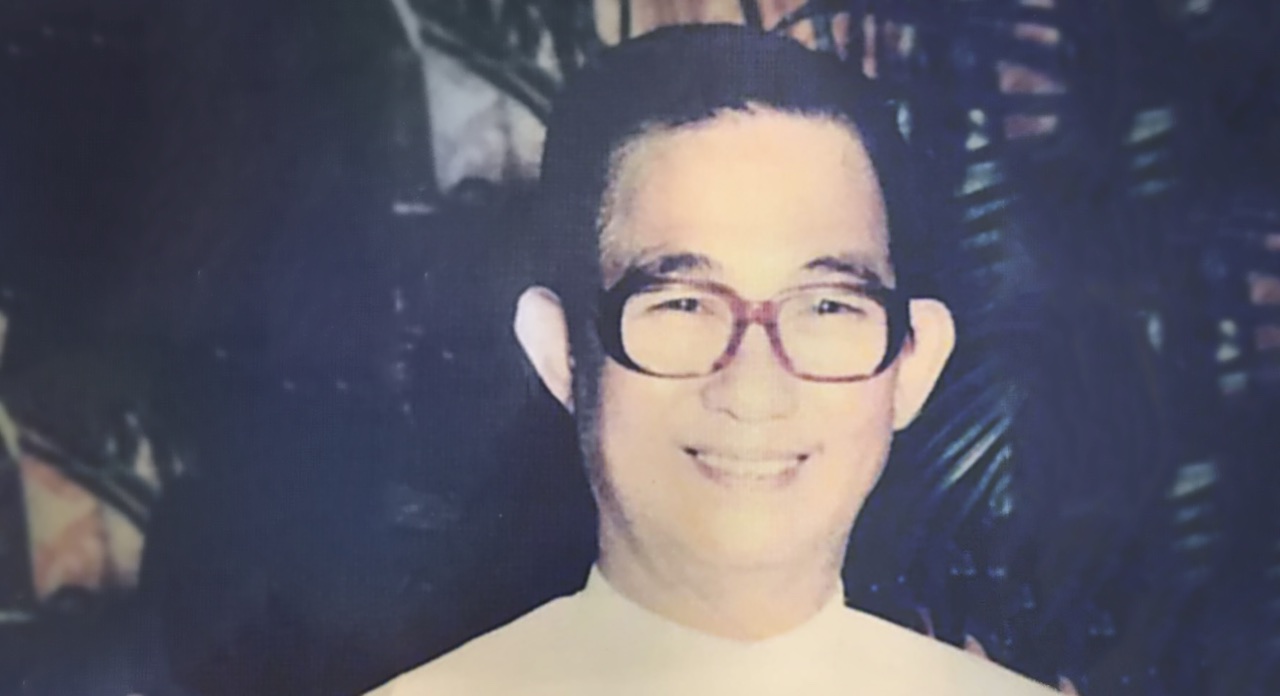
Jonathan still remembers the 2008 cyclone that devastated the township where his grandfather had set up a business. Cyclone Nargis was the worst natural disaster Myanmar had ever seen.
The Ayeyarwady Delta region, 37 townships in all, was severely devastated after only a couple of days. Officials placed the death toll at 84,000, with 53,000 missing. Altogether, 2.4 million Burmese suffered because of the cyclone.
Jonathan says, “I happened to be in Singapore. At 1 a.m., my friend called and asked if I was willing to visit the disaster area. I replied, ‘I’d love to come.’”
Jonathan Kwang Thaung was a young entrepreneur who shuttled between Myanmar and Singapore. Still single at age 27, he led a comfortable life and was educated at the best schools abroad. Jonathan returned to Myanmar in 2002 after graduating from Babson College.
He worked for his father in hardship posts until he decided on a change of pace. Armed with a bright idea, connections built while abroad, and his father’s three loyal workers, Jonathan started his own venture, spending half his time in Myanmar, half in Singapore.
Having left his country at the tender age of eight to attend boarding school in the UK, he did not really understand Myanmar until he experienced the aftermath of Cyclone Nargis in May 2008.
Recalls Jonathan, “At six in the morning, we go off and the first place we go to is a town called Wakema. We get out of the car, and I’m in a town I’d never been to in my life, never heard of in my life. We go to these monasteries and we see screaming children, screaming parents, who have been brought inland to have shelter. You try to talk to them and everyone is just in hysteria.”
The next town, Myaungmya, had an even greater effect. It was the jute hub of the country; and jute was where Jonathan’s family business started. Although his family had sent him to other jute hubs in India and Azerbaijan, he had never been to the one back home.
Suddenly, someone tells him: “This is the factory your grandfather built. This is the school your grandmother built, and now this is where everyone has been sheltered.”
It was a turning point for Jonathan. Just 12 hours earlier, he was lying in bed, ready to get up to face what he thought would be an ordinary day.
The day was far from over. Jonathan’s party kept driving until they reached the coast. The devastation was enormous. “Fifteen miles before we reached the place, we had to put up the windows because of the stench of death,” he shudders in remembrance.
When they arrived on the coast, Jonathan saw “a picture that will live with me for the rest of my life. Children were gone. Parents were gone. Husband and wives had been split up.”
The things that matter to us all, he says, were so easily wiped away because of a natural disaster. And so, Jonathan’s mission to help Myanmar was born.

Tell the World
They drove back at 3 a.m. and got home five hours later. Says Jonathan, “I needed to communicate with the world, but the telecoms network was down ― except for the ministry. So, I go to the ministry. I’m sitting in the chief engineer’s room, and I’m writing to the world: ‘There’s something going on here, but you guys don’t know about it. My target is to raise a hundred thousand dollars, so I can buy food, water, blankets, and take it back in the next few days.’”
By the next morning, Jonathan had received a commitment for US$300,000. They quickly set up teams and logistics. “The dream I had since I was young, to start a foundation, took off from there,” he says.
When Jonathan went back the next week, someone told him the town where his grandfather was born was four hours away by boat and not accessible by road. Jonathan’s reaction was excitement. He says, “My grandfather was my hero. I’ve been when I was young, but I haven’t been since I came back from school.”
Jonathan quickly arranged more supplies from excess donations, sent someone in advance to find out what the town needed, and hired a fishing boat.
To get to the town, they had to go out of the river into the sea, into the Bay of Bengal, and then circle around. “It was dangerous,” Jonathan says. “But my belief is when you’re going for something good, don’t worry about your life. Anyone who must take care of you is taking care of you.”
According to Jonathan, when they arrived, “the whole village is waiting. The whole village! Next thing, they’re shouting my grandfather’s name. He was someone who came from this village, brought to Yangon, became successful in Yangon, became the most successful businessman in this country, and went as far as London.”
“He was established in London [and even] invited to Buckingham Palace,” he adds. “This is a guy who started from nothing. It is here where everything started.”
Fateful Evening
Jonathan recalls the last message his grandfather relayed to him through his mother. “I was with my grandfather for three years before he passed. It happened quickly. We went for a routine checkup to London for his liver. When we got there, the doctors told us it was serious.”
He continues, “One of the last things he told my mother before he passed was to tell my father and me: When you make a dollar, save 30 cents, donate 20 cents, and spend 50 cents. If you do that, you will always be successful.”
“I was the last one to see him,” says Jonathan.
Attention was drawn to Myanmar, and many nonprofits began to enter the country, pouring in resources. A few months after Nargis, Jonathan attended a social event at the British Club. On that fateful Friday evening, he met his future wife who was working for the international charity organization Save the Children. The encounter solidified Jonathan’s mission.
In 2008, Jonathan established KT Care Foundation in response to Nargis, in honor of his grandfather, his hero. According to its website, KT Care conducts “emergency response and supports the economic development, capacity building, social and physical well-being of people in need.”
Jonathan Kyaw Thaung was a participant in Birla's fourth dialog held in Yangon, Myanmar in 2015. The Birla Family Council Dialogues is an integral part of the research under the grant from the Basant & Sarala Birla Chair in Asian Family Corporations, a professorial chair at the Asian Institute of Management held by Professor Andrea L. Santiago, PhD.
The goal of the Birla Family Council Dialogues is to provide insights from family business owners and managers, who provide real-world experience to supplement the basic research of notes and cases. After dialogs in Singapore, Bangkok, Manila, Yangon, and Kuala Lumpur, the final dialog under an agreement with the Asia Inc Forum will be held in Phnom Penh in October 2017.